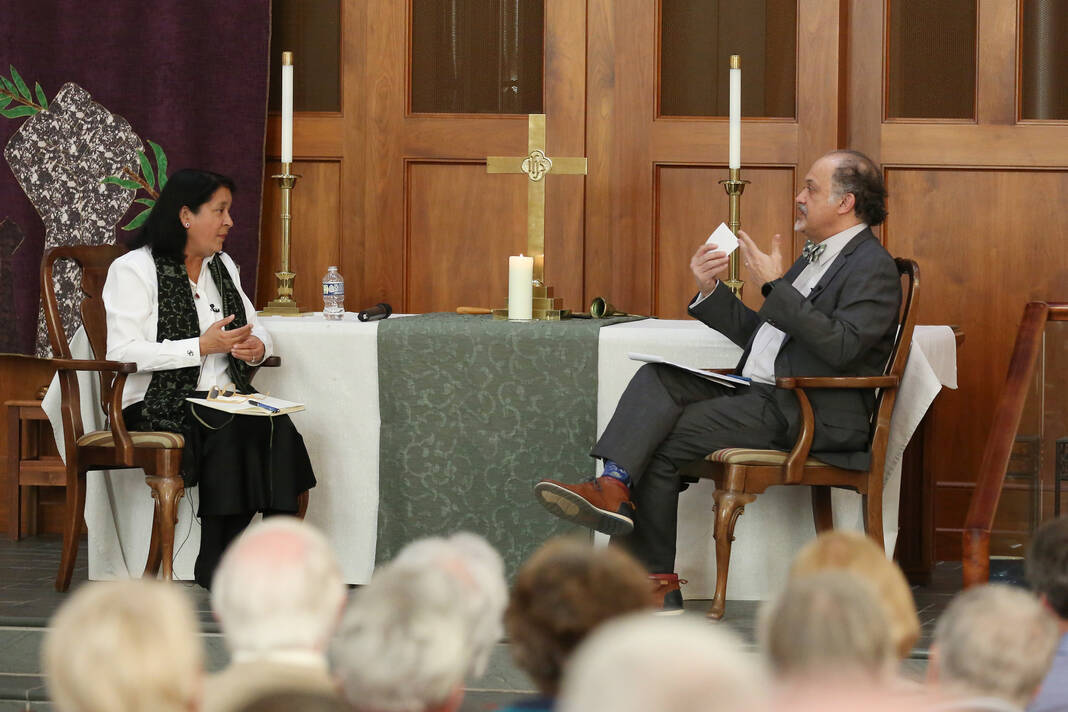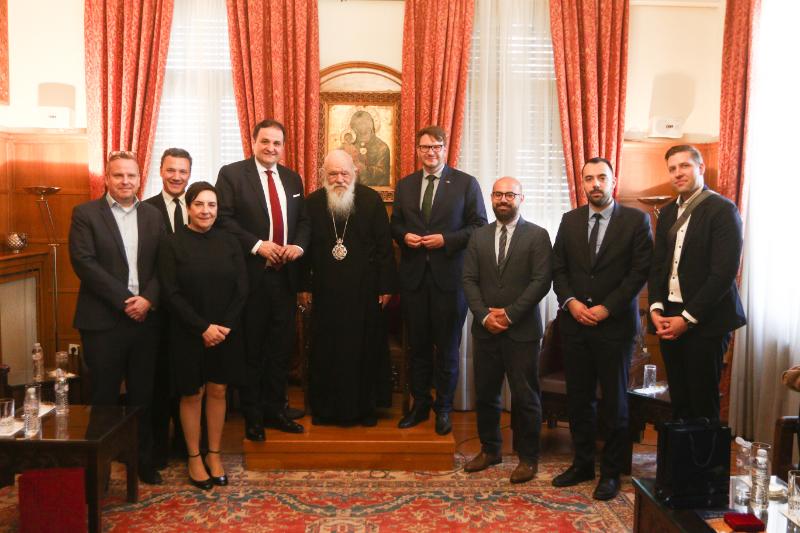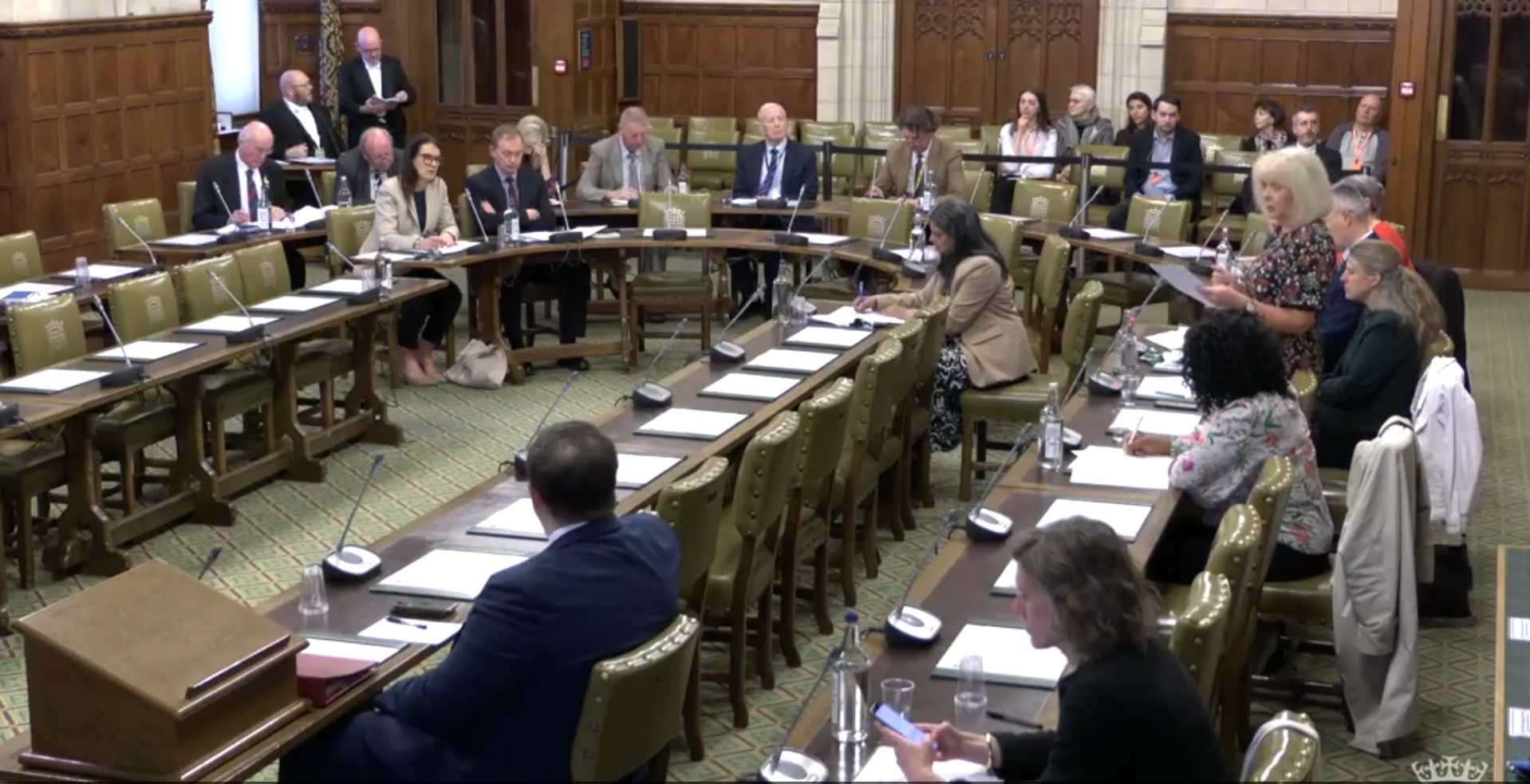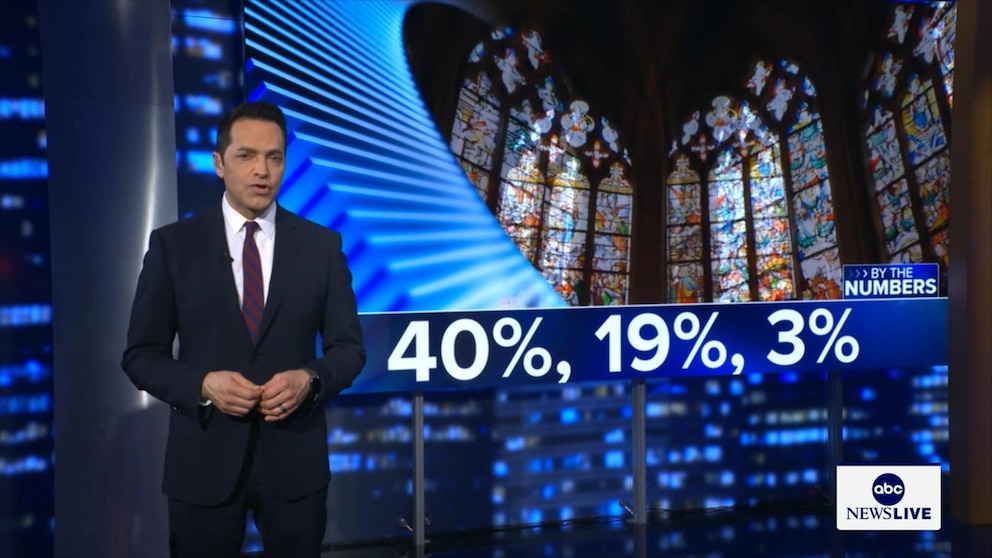From Pulpits to Politics: The Surprising Journey of Christian Support for Israel
Religion
2025-04-02 12:46:50Content

Long before the rise of the modern religious right, Christian support for a Jewish homeland had deep and complex roots stretching back centuries. This historical connection goes far beyond contemporary political alignments, revealing a nuanced narrative of theological understanding and philosophical solidarity.
The origins of Christian Zionism can be traced to early biblical interpretations and theological perspectives that viewed the restoration of Jewish people to their ancestral homeland as a profound spiritual prophecy. Prominent theologians and religious leaders throughout European history saw the Jewish return to Israel not merely as a political movement, but as a fulfillment of divine promise.
Notably, influential figures like Lord Shaftesbury in the 19th century actively advocated for Jewish resettlement in Palestine, driven by a combination of religious conviction and humanitarian concern. These early Christian supporters believed that supporting Jewish national aspirations was both a moral imperative and a scriptural mandate.
This longstanding Christian support predates modern geopolitical considerations and evangelical political movements, representing a deeper, more intricate relationship between Christian theology and Jewish national identity. It challenges simplistic narratives that reduce Christian support for Israel to recent political calculations.
Understanding this rich historical context provides crucial insight into the complex motivations behind Christian Zionism, revealing a tradition of support that is far more nuanced and historically rooted than contemporary political discourse often suggests.
Unveiling the Spiritual Roots: Christianity's Enduring Support for Israel's Statehood
The intricate relationship between Christianity and Jewish national aspirations represents a complex historical narrative that extends far beyond contemporary political discourse. Long before modern geopolitical debates, Christian theological perspectives have profoundly influenced perspectives on Jewish sovereignty, weaving a nuanced tapestry of religious understanding, theological interpretation, and historical engagement.Unraveling the Profound Spiritual Connection Between Faith and Nationhood
Biblical Foundations of Christian Zionism
The roots of Christian support for a Jewish homeland run deep into biblical interpretations and theological traditions. Numerous Christian denominations have long viewed the restoration of Jewish sovereignty as a prophetic fulfillment, grounded in scriptural promises and eschatological expectations. Theologians and religious scholars have consistently interpreted biblical passages as divine mandates supporting Jewish national restoration, transcending mere political considerations. Scriptural exegesis reveals multiple interpretative frameworks where Christian theologians perceive divine providence in Jewish national restoration. These perspectives are not monolithic but represent a rich, multifaceted understanding of theological narratives that emphasize covenant relationships and prophetic promises.Historical Theological Perspectives on Jewish Nationhood
Throughout centuries of complex religious interactions, Christian theological thought has gradually evolved in its understanding of Jewish national identity. Early theological perspectives often marginalized Jewish aspirations, but progressive theological movements emerged that recognized the profound spiritual significance of Jewish self-determination. Influential religious scholars and philosophers began reinterpreting traditional theological narratives, challenging centuries of replacement theology and advocating for a more nuanced understanding of Jewish national rights. These intellectual movements laid critical groundwork for broader Christian support of Jewish statehood.Philosophical and Theological Transformations
The intellectual landscape of Christian theological thought underwent significant transformations during the 19th and 20th centuries. Emerging scholarly perspectives challenged traditional anti-Semitic narratives and developed more inclusive theological frameworks that recognized Jewish national aspirations as legitimate spiritual expressions. Prominent theologians and religious intellectuals began articulating sophisticated arguments supporting Jewish sovereignty, grounding their perspectives in biblical hermeneutics, historical analysis, and evolving understandings of divine providence. These intellectual contributions significantly influenced broader Christian perspectives on Jewish national identity.Contemporary Interfaith Dialogues and Understanding
Modern interfaith dialogues have further deepened Christian understanding of Jewish national experiences. Scholarly exchanges, collaborative research, and sustained theological conversations have created more nuanced, empathetic perspectives that recognize the complex historical and spiritual dimensions of Jewish statehood. These dialogues have transcended simplistic political narratives, exploring deeper theological connections and mutual spiritual understanding. They represent sophisticated attempts to bridge historical divides and develop more comprehensive, respectful interfaith relationships.Global Christian Perspectives on Jewish Sovereignty
Christian support for Jewish statehood manifests differently across global religious communities. Various denominational traditions interpret biblical narratives and historical experiences through distinct theological lenses, creating a rich, diverse tapestry of perspectives on Jewish national rights. From evangelical movements in the United States to progressive theological circles in Europe, Christian perspectives on Jewish sovereignty reflect complex intellectual and spiritual negotiations. These perspectives are not monolithic but represent dynamic, evolving theological conversations.Theological Implications and Future Trajectories
The ongoing theological discourse surrounding Jewish statehood continues to evolve, reflecting broader shifts in religious understanding and global perspectives. Contemporary Christian theologians are increasingly engaging with complex narratives that recognize historical injustices, spiritual connections, and the profound significance of national self-determination. Future theological discussions will likely continue exploring these nuanced perspectives, challenging traditional narratives and developing more inclusive, empathetic understandings of religious and national identities.RELATED NEWS
Religion

Inside the Business of Faith: How Megachurches Turn Belief into Big Business
2025-04-19 14:00:00
Religion

Faith on Trial: Unification Church Faces Existential Threat in Landmark Japanese Court Ruling
2025-04-15 01:32:00
Religion

Beyond Differences: Speaker Reveals Universal Human Connections Across Religious Boundaries
2025-02-24 13:35:19





